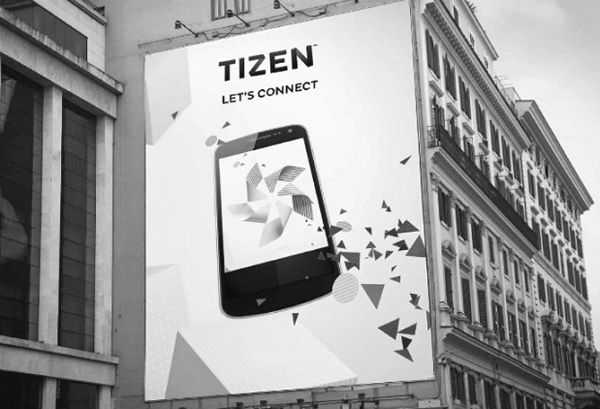Postponing, delay, rescheduling and so forth has become second nature to Samsung’s Tizen smartphone strategy. In the latest episode, the Korean manufacturer has called off a rollout of its new Tizen OS-based Samsung Z slated to debut in Russia this quarter.

Postponing, delay, rescheduling and so forth has become second nature to Samsung’s Tizen smartphone strategy. In the latest episode, the Korean manufacturer has called off a rollout of its new Tizen OS-based Samsung Z slated to debut in Russia this quarter.
Samsung said it needed more time to build up a sufficient support community for the device and the platform before unwrapping it in the Russian marketplace. No new release date was offered.
The vendor has teased about offering a Tizen OS smartphone—going so far as to suggest the platform gives it a hedge against banking too much on its Google (GOOG) Android success, and setting expected debut dates for its new mobile devices for nearly a year. Last January, Japanese carrier NTT DoCoMo and France’s Orange both scrubbed plans to sell Samsung Tizen handsets. To date, no consumer-centric Tizen smartphones have hit the market, although Samsung has brought out a smartwatch based on the platform.
A recent report claimed that Google chief Larry Page and Samsung vice chairman Jay Y. Lee went at it in a “tense private meeting” at the recent Allen & Co. conference in Sun Valley, Idaho, with Page said to be unhappy with Samsung’s interest in smart watches running the Tizen open source operating system rather than Google’s Android Wear platform.
Whether Tizen can become a viable alternative to Android’s dominance lacks an answer at this point. So far, aside from the few Tizen OS-based developer handsets that have surfaced, the biggest noise about bringing to market an open source smartphone or wearable, for that matter, has come from Samsung.
Indeed, the company has suggested all along that a Tizen-based smartphone will be a door-opener to new devices and markets. Tizen’s device-to-device compatibility and platform extensibility, which could become more critical to the vendor if the nascent wearables segment takes off, seems particularly important to Samsung.
In November 2013, Intel (INTC), Samsung and the Linux Foundation backed a $4.04 million application development contest called the Tizen App Challenge aimed at adding some heft to app development for the alternative open source platform.
The Wall Street Journal reported that Russian blogger Eldar Murtazin wrote that sources are claiming the Samsung Z smartphone won’t be a 2014 deliverable in Russia.
About the Author(s)
You May Also Like


